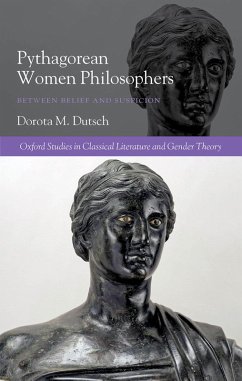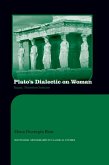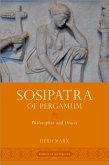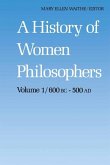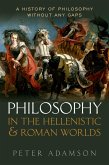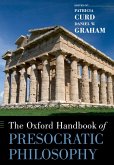Women played an important part in Pythagorean communities, so Greek sources from the Classical era to Byzantium consistently maintain. Pseudonymous philosophical texts by Theano, Pythagoras' disciple or wife, his daughter Myia, and other female Pythagoreans, circulated in Greek and Syriac. Far from being individual creations, these texts rework and revise a standard Pythagorean script. What can we learn from this network of sayings, philosophical treatises, and letters about gender and knowledge in the Greek intellectual tradition? Can these writings represent the work of historical Pythagorean women? If so, can we find in them a critique of the dominant order or strategies of resistance? In search of answers to these questions, Pythagorean Women Philosophers examines Plato's dialogues, fragmentary historians, and little-known testimonies to women's contributions to Pythagorean thought. Adopting Paul Ricoeur's hermeneutics, Dutsch approaches such testimonies with a mixture of suspicion and belief. This approach allows the reader to alternate critique of the epistemic regimes that produced ancient texts with a hopeful reading, one which recognizes female knowledge and agency. Dutsch contends that the value of the Pythagorean text-network lies not in what it may represent but in what it is ? a fictionalized version of Greek intellectual history that makes place for women philosophers. The book traces this alternative history, challenging us to rethink our own account of the past.
Dieser Download kann aus rechtlichen Gründen nur mit Rechnungsadresse in A, B, BG, CY, CZ, D, DK, EW, E, FIN, F, GR, HR, H, IRL, I, LT, L, LR, M, NL, PL, P, R, S, SLO, SK ausgeliefert werden.

